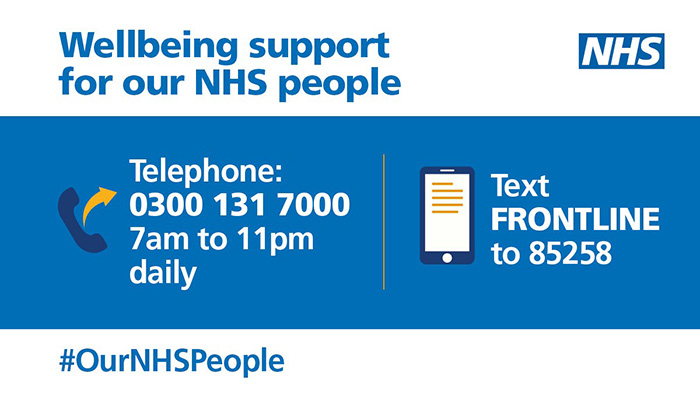Wellbeing aligns with sustainability for Stress Awareness Day

1st November is Stress Awareness day, one of the many days in the year where the interests of the sustainability team and the wellbeing team overlap into a pleasing venn diagram. Whilst the link between wellbeing and stress is obvious, it might not be quite so clear why sustainability should have an interest in it.
The word ‘sustainability’ conjures up images of recycling bins, solar power, and bicycles. But green spaces and biodiversity have as much to do with the topic as renewable energy and waste reduction. To live sustainably means to operate within systems whereby resources aren’t depleted faster than they are preserved so that we can continue surviving. As explained by the Royal Society, without a wide range of animals, plants, and microorganisms, we cannot have the healthy ecosystems that we rely on to provide us with the air we breathe and the food we eat. For example, on a global scale, wheat, corn and rice provide 60% of total plant-based calories consumed by humans, which leads to reduced resiliency in our supply chains. The loss of biodiversity in edible crops means we have fewer back-ups should something go wrong with one of these three produces. On a more local scale, the loss of certain native animals such as the beaver can cause problems- without the natural leaky dams that beavers build, we are more at risk of flooding, an issue on all our minds as storm Ciarán threatens our coastal and wetland towns and cities.
In turn, biodiversity and the preservation of natural green spaces plays a fundamental role in helping humans to manage stress. The Wildlife Trust runs a variety of nature-based programmes supporting people with a range of psychological and physical challenges. Analysis carried out by The Institute of Occupational Medicine Health indicated that these programmes save the NHS money as they cut reliance on their resources- indeed in one example, a nature-based programme in Sheffield reduced NHS costs associated with the mental health conditions of 82 participants over a year by £38,646!
Money saving is a welcome biproduct of a healthier and more resilient population, and the evidence suggests green spaces are essential in achieving such a thing. To this end, the sustainability team are committed to looking after our grounds and gardens at UHP so patients, staff and visitors can have somewhere to go to decompress in a natural environment. A 2019 Frontiers in Psychology study concluded that spending just 20 minutes in nature reduces the stress hormone cortisol.
Next time you have a break at work or a 1:1 meeting, why not pop over to the Orchard and visit the bug hotels, reflect in the Forever and Always Garden or shelter under the king and queen oaks opposite the multistorey car park? We know that being treated at hospital can be stressful, but we’re doing all we can to provide stress reducing outdoor environments for our patients and visitors.
We’d love to hear your suggestions and comments! Email us on plh-tr.sustainability@nhs.net and let us know how being in nature affects you.


